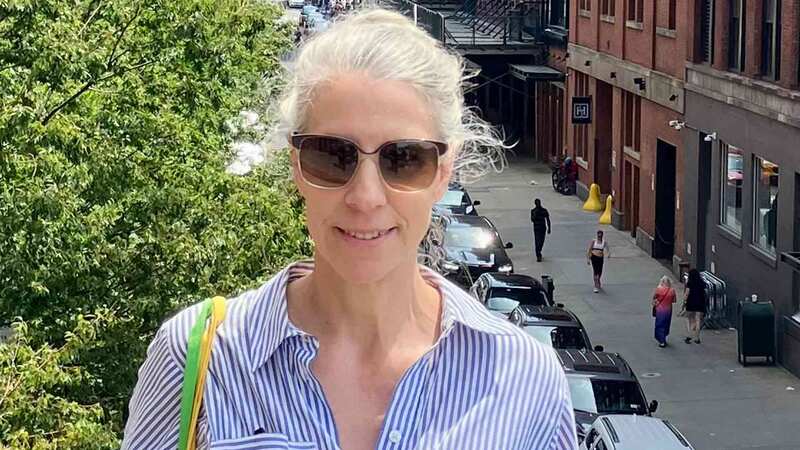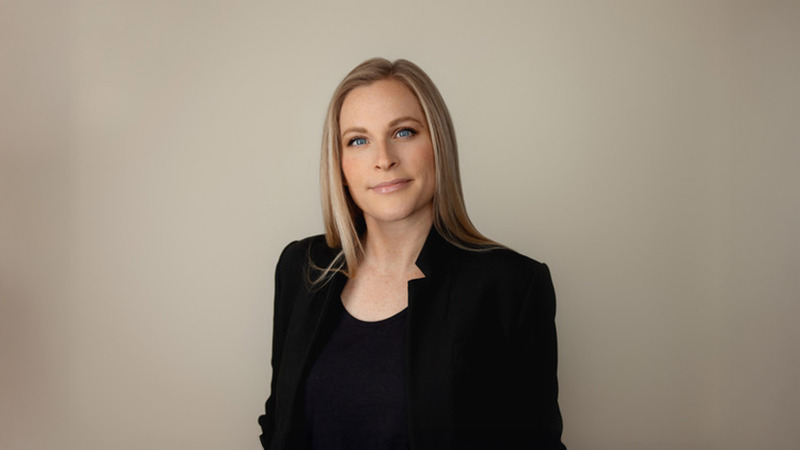You are viewing your 1 free article this month. Login to read more articles.
Library spending up 3%, CIPFA data shows, but still lags behind rising demand for services
Total expenditure on libraries in Great Britain rose 3% to £12,551 per 1,000 people in 2022/23, figures released from the Chartered Institute of Public Finance & Accountancy (CIPFA) show.
This is up from £12,143 in 2021/22. CIPFA said the increase in expenditure “marks a positive shift in the year-on-year decrease since 2018/19, when total expenditure stood at £12,646 per 1,000 people” but stressed funding and income levels "still lag behind the rising demand for services".
The survey also shows that the income libraries received rose by 3% over the last financial year, from £916 per 1,000 people in 2021/22 to £939 per 1,000 people in 2022/23. CIPFA said this is a "welcome relief to the financial pressure on libraries as high inflation continues to increase their running costs".
Following the end of the pandemic, in-person visits to libraries have increased by 71% since 2021/22, from 1,215 per 1,000 people in 2021/22 to 2,082 per 1,000 people in 2022/23. The number of books borrowed has also increased by 24% to 2,316 per 1,000 people, from 1,868 books in 2021/22.
Web visits have continued to fall during the same period to 1,703 per 1,000 people, which is a 26% decrease.
While staff levels have remained steady, the number of volunteers has risen from 0.34 per 1,000 people in 2021/22 to 0.59 over the last financial year, a 74% increase.
CIPFA c.e.o. Rob Whiteman, said: “It’s encouraging to see service points and book issues increasing since the end of the pandemic, but while funding and income levels are slightly recovering, they still lag behind the rising demand for services. Libraries certainly require on-going support.”
“The fact that in-person visits and volunteers have dramatically recovered shows demand for library services is strong. Libraries are clearly valuable to the communities they serve. Sustained funding is crucial if they are to remain a vital part of the community.”
The latest CIPFA statistics cover the 2022/23 financial year and are based off the annual library survey sent to all local authorities in England, Scotland and Wales. The figures for the 2022/23 financial year are based on a 61% response rate to the survey. Due to the larger response rate for the 2022/23 financial year, there is a discrepancy between the 2021/22 data published today and the 2021/22 data published on 2nd February 2023, which saw just a 43% response rate. CIPFA said figures have been presented as per 1,000 people to provide the most accurate data possible based on the survey response rate and to enable comparison to previous years.
CIPFA does not release the overall report to the media. The information above is based off the headline statistics provided to the media in a press release.
Nick Poole, c.e.o. of the Chartered Institute of Library and Information Professionals (CILIP) told The Bookseller: “Local libraries provide life-changing services for millions of people every day. Since 2009/10, they have seen more than 25% of their public funding cut, creating a two-tier system of ‘library haves and have-nots’. If accurate, these CIPFA figures – while welcome – would represent a drop in the ocean compared to the reinvestment needed to ensure that everyone everywhere benefits from a life-changing library.
"Sadly, we know that there have been dramatic changes in CIPFA reporting since 2018, which mean that it is highly unlikely that these figures will be comparing life for like. This issue, as well as the comparatively small uplifts reported, mean that we need to continue to fight harder than ever for sustainable long-term investment in library services.”
Isobel Hunter, chief executive of Libraries Connected, said: "We are treating these figures with caution as they do not reflect the current financial position for library services, which have seen funding cut by almost half since 2009/10. With one in five councils likely to issue a Section 114 notice, effectively going bankrupt, the future of public libraries and the vital services they provide is increasingly uncertain. That’s why we’ve established a support hub for library leaders to help them navigate this financial storm.”
“While the survey aligns with our own data showing book lending and library visits have recovered well from the pandemic, it’s important to note that libraries provide many other services that are not measured by CIPFA - such as e-lending, IT training, literacy support and cultural events. We’re working with Arts Council England and sector partners to develop a more accurate and timely reporting system that captures all these activities so it really meet the needs of libraries.”
Library campaigner Tim Coates, a former m.d. of Waterstones, described this year’s CIPFA figures as "very sparse".
"One of the biggest mistakes of the DCMS [Department for Digital, Culture, Media and Sport] in their role of ’superintendence’ of public libraries has been to allow the system of gathering data to fall into such disrepair. The notion that the system could be replaced without finding out why councils don’t respond to the existing method was always wrong. The problems should have been resolved and the data collection made as simple as possible using the existing library management systems. The figures announced tell us almost nothing."



















